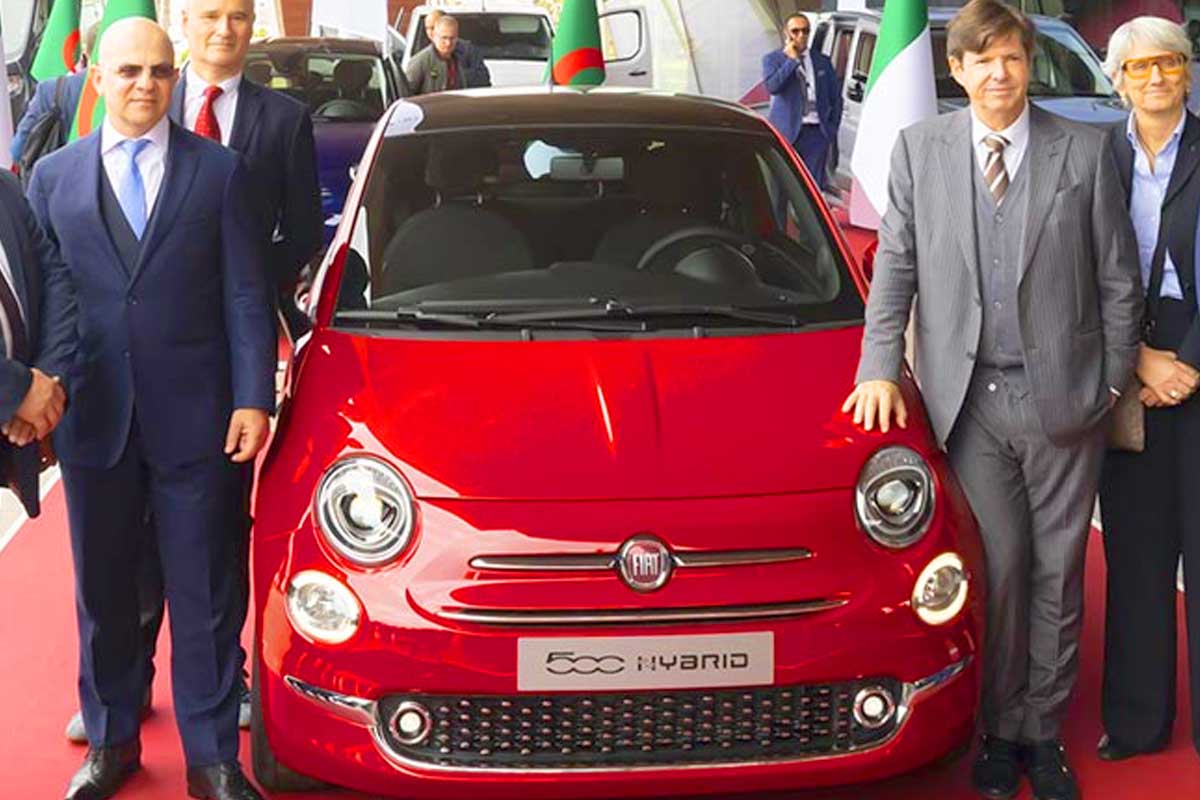
What was supposed to be an example of industrial revival in Algeria has become embroiled in an unprecedented court case. While Fiat has invested heavily in local vehicle production, the brand is now at the heart of an anti-speculation operation led by the Algerian authorities. A paradox: Fiat, the driving force behind employment and reindustrialization, finds itself the collateral victim of its own success.
Explosive demand
In 2024, the absence of import quotas has led to a shift in the Algerian market towards locally produced vehicles. Fiat's Tafraoui plant, inaugurated near Oran after an investment of 200 million euros, has thus become a focal point of the country's automotive industry. Demand for the Fiat 500 Hybrid and Doblo Panorama, produced on site, has soared.
The result: orders exceeding forecasts, longer delivery times, and temporary suspension of sales to maintain balance.
Speculation goes on behind the scenes
But this industrial dynamism soon attracted covetousness. Videos posted on social networks revealed dubious practices surrounding the resale of Fiat vehicles, notably the Doblo Panorama. Prices are skyrocketing on the parallel market, well above official tariffs. The affair sent shockwaves through the country.
It was this background that led to the opening of an investigation by the Gendarmerie Nationale, via its Security and Investigation Brigade in Annaba. Using viral images, investigators have dismantled a speculation network involving seven people. Among them: employees of a local Fiat dealership, car dealers and even an employee of Algérie Poste.
Firmly sanctioned practices
According to the Gendarmerie's press release, the suspects were registering vehicles in the names of relatives for a fee, and then reselling them at high prices. Five Doblo Panoramas were seized. The charges are heavy: illegal speculation, participation in illegal speculation, abuse of office, forgery and use of forgeries.
The case has taken on a political dimension. The Minister of Justice, Lotfi Boudjemaa, has issued a stern warning against speculators: "Do a deal if you want, but you get 30 years in prison, and in some cases life." An official memo has also been sent to notaries to ban the sale of new vehicles by proxy, a measure directly linked to the abuses seen on locally produced Fiat cars.
Fiat cooperates with authorities
Fiat El Djazair is actively working with the public authorities to prevent such cases from recurring. The Italian brand, which has been involved in an industrial partnership with the Algerian government from the outset, cannot but be concerned by these abuses. It is stepping up its cooperation to guarantee fair access to vehicles and protect the stability of a market still in the throes of change.
The initial objective remains intact: to produce locally, train qualified teams, and offer Algerians reliable cars at affordable prices. The intervention of the judicial authorities is therefore seen not as an attack, but as support for this ambition. Let's not forget that Fiat aims to produce other models in this country, including the new Fiat Grande Panda recently spotted there. The Stellantis Group expects to produce 60,000 Fiat cars in Algeria by 2025 and 90,000 by 2026.
I am a fervent admirer of the new FIAT cars.arme de beaucoup de patience j'attend la livraison de ma commande faite le 3 04 2024 pour un doblo local et ayant versé les 10% exigés au début pour le boblo d'importation.apres l'annulation de l'importation du nouveau doblo je me suis tourné vers celui du local.la nouvelle politique prise par l'état pour régler équitablement les ventes aux vrais client.Je suis optimiste et très content .